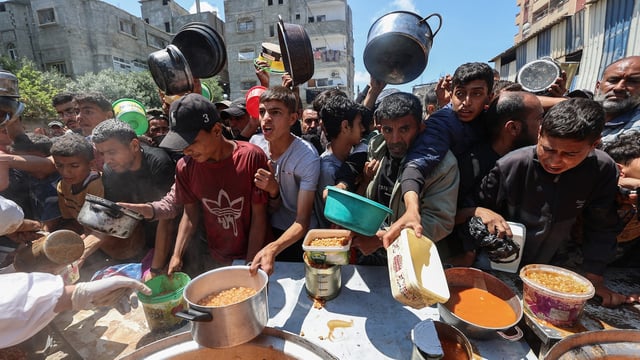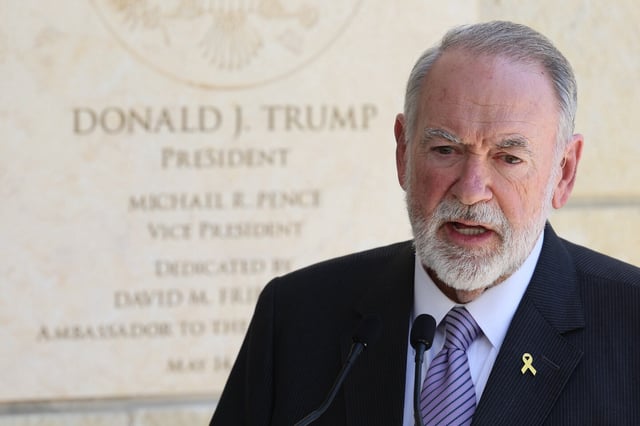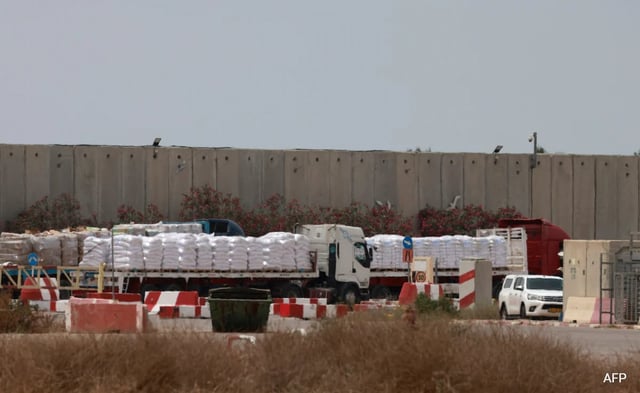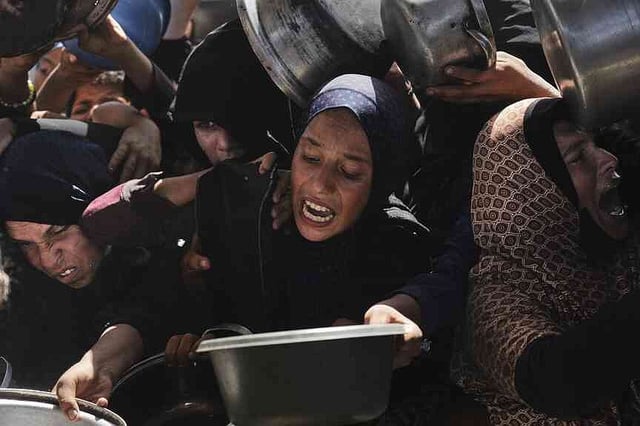Overview
- The UN and major aid organizations have formally rejected a US-backed plan to distribute aid in Gaza through secured hubs, calling it a violation of neutrality and a potential driver of mass displacement.
- Israel's blockade, in place since March 2, has halted essential supplies to Gaza, leading to widespread shortages and the closure of dozens of charity kitchens that served as a lifeline for 2.3 million residents.
- The proposed distribution system, led by the US-supported Gaza Humanitarian Foundation, would initially establish four hubs, each serving 300,000 people, but aid agencies warn it cannot meet the scale of current needs.
- UNICEF and other relief groups argue that the blockade, which they describe as the root cause of the crisis, must be lifted to allow the resumption of hundreds of daily aid-truck convoys under neutral mechanisms.
- US officials, including Ambassador Mike Huckabee, continue to urge participation in the new system, though critics warn it risks weaponizing aid and confining civilians to restrictive conditions around distribution sites.



